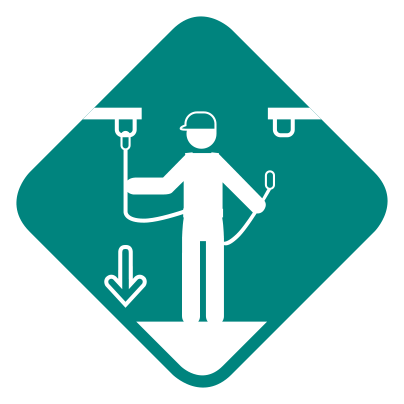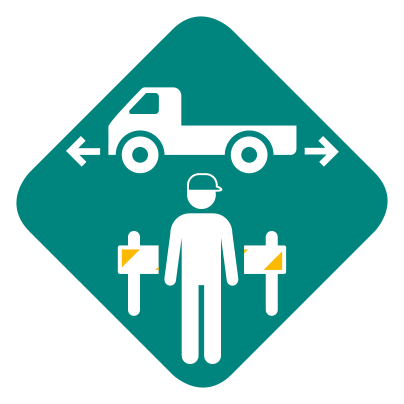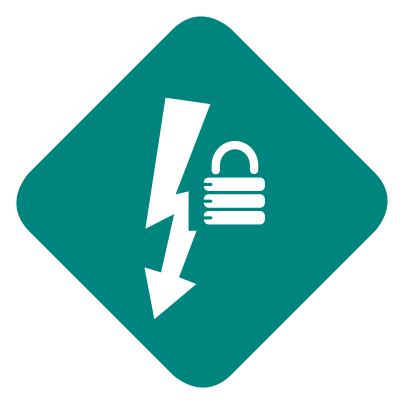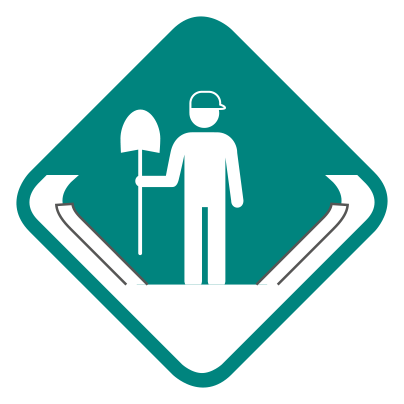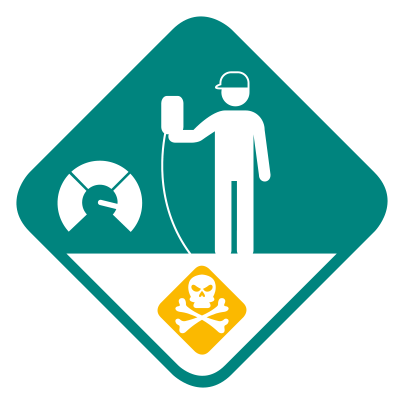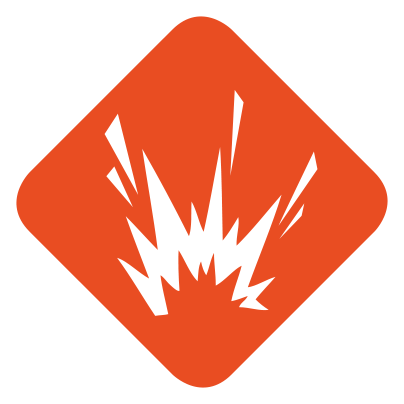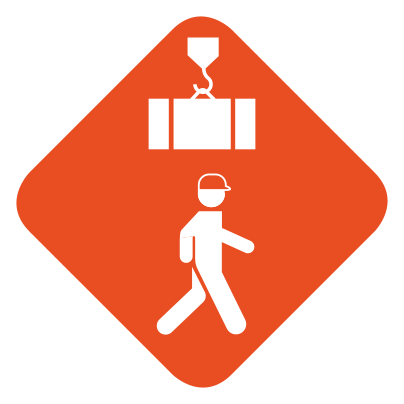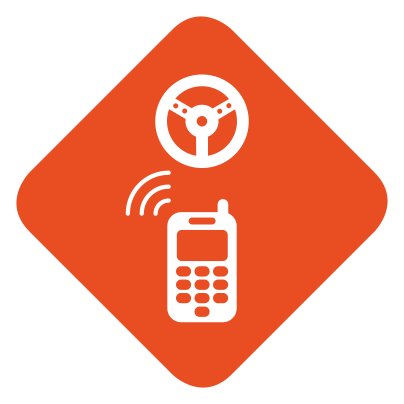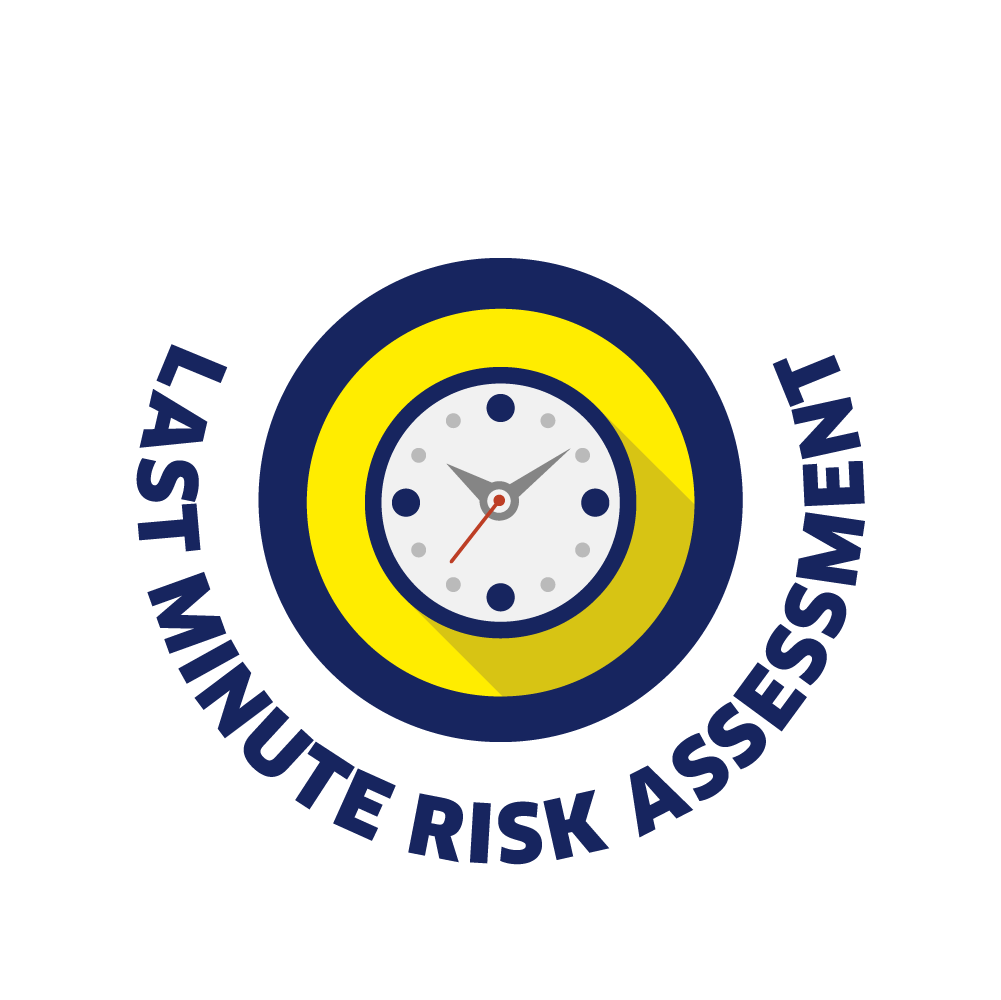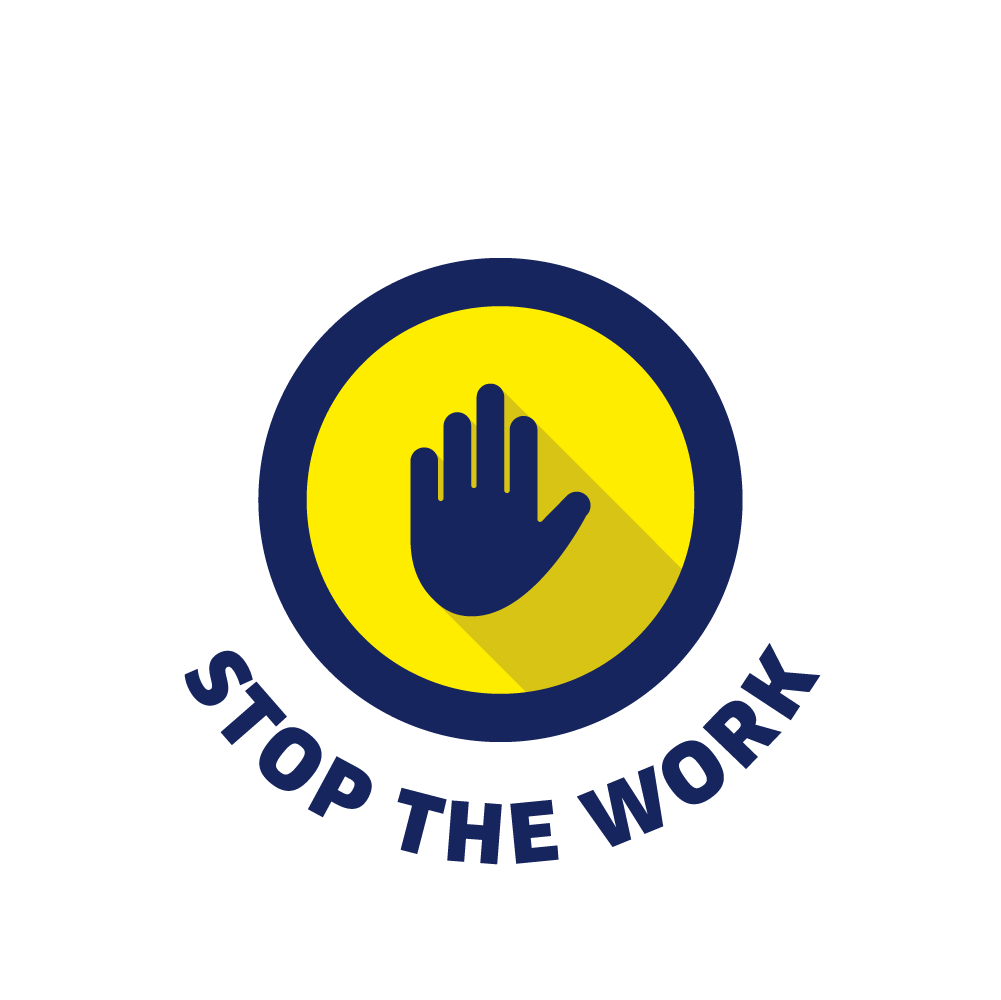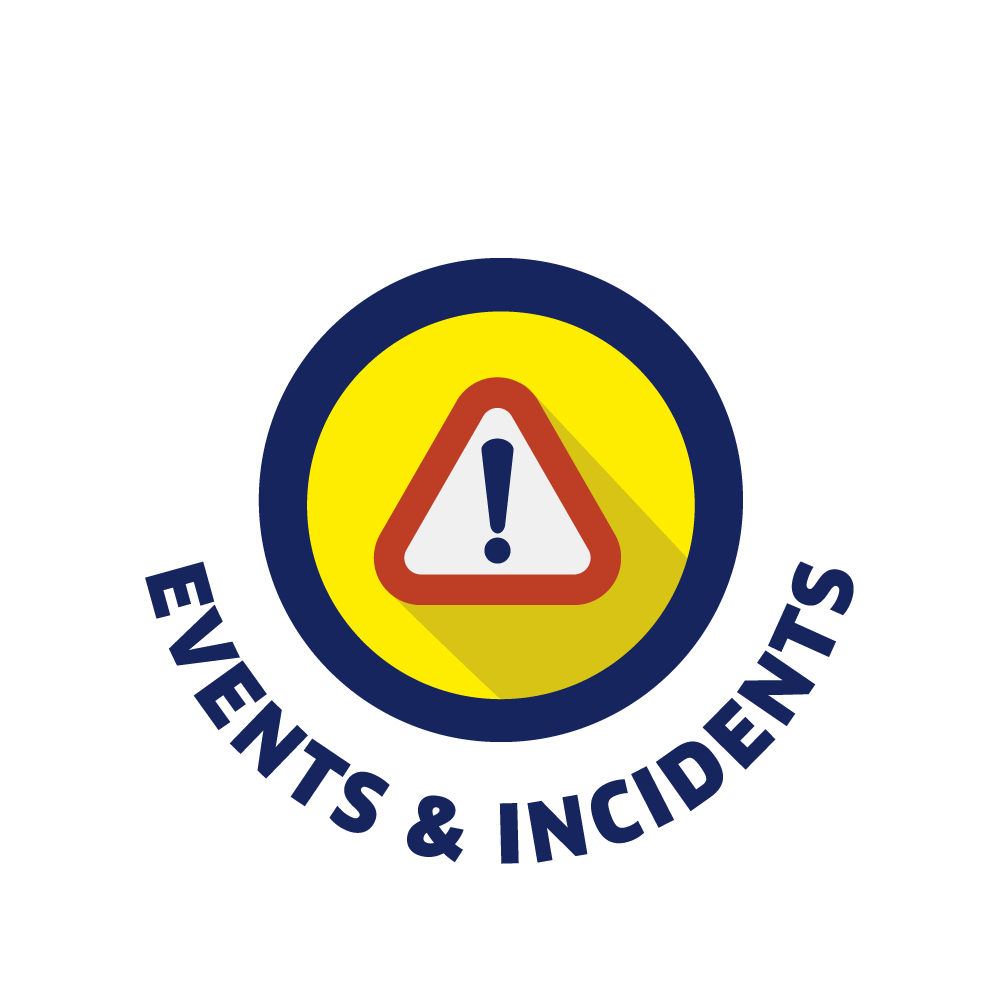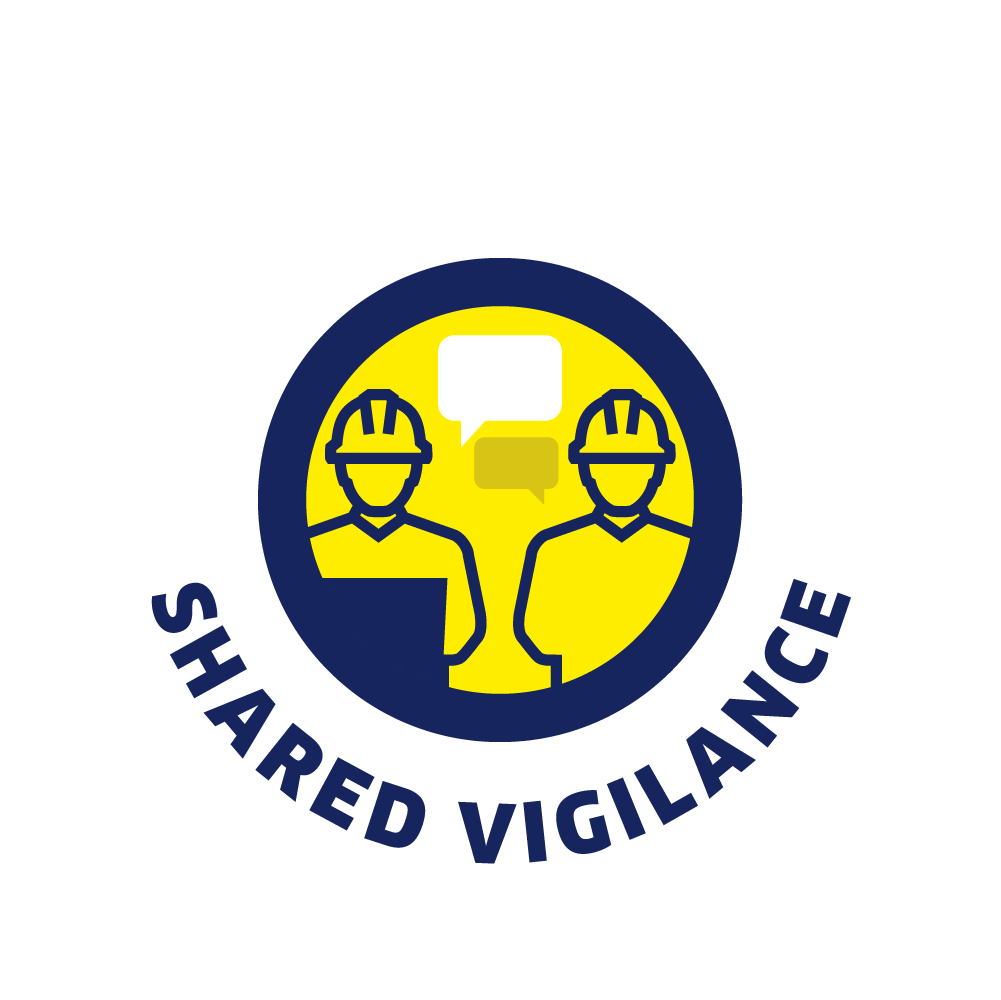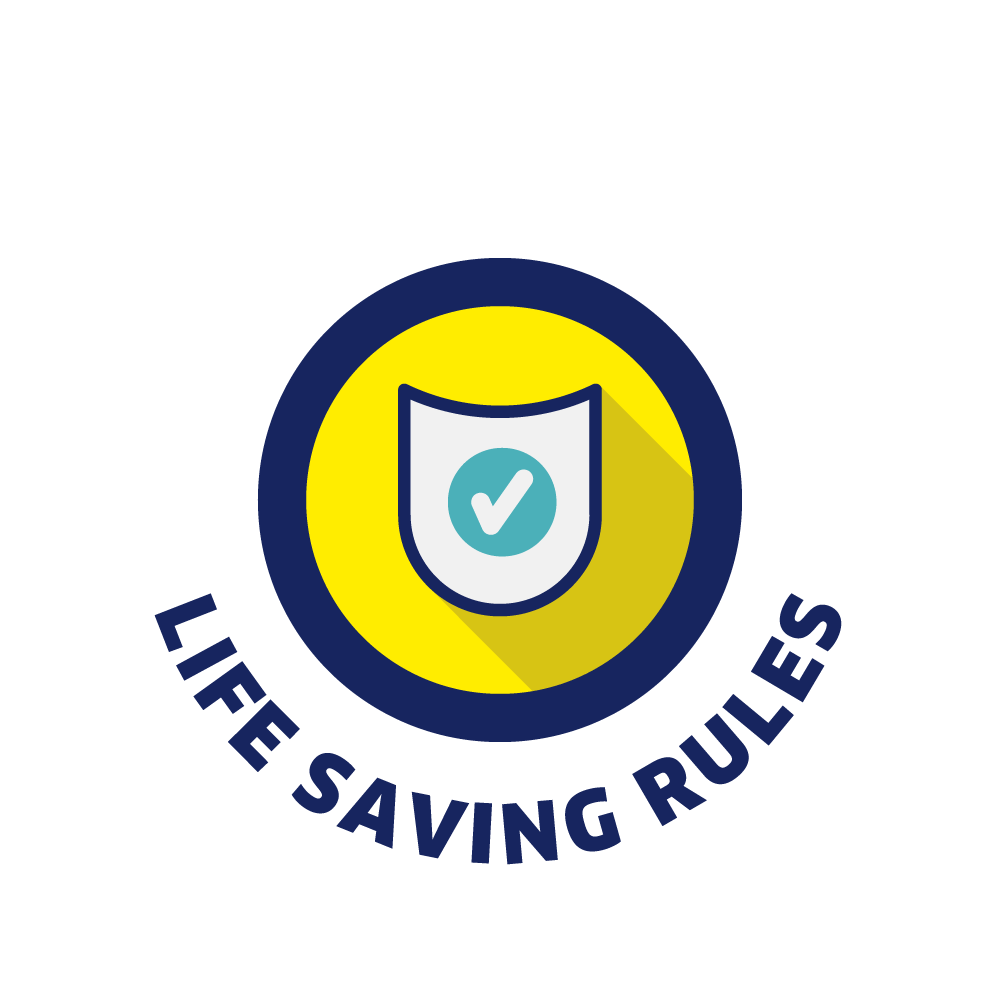
I know and apply the life saving rules
Eradicating serious and fatal accidents is an absolute priority for the ENGIE Group. Analysis of fatal accidents in the past has led to the following observation: a few simple rules which, if followed, would have prevented most serious and fatal accidents.
These rules are known as the “Life Saving Rules”. There are 9 of them, and they are at the heart of the Group’s system for preventing serious and fatal accidents. Their objective is to save lives – those of Group employees, temporary workers and (sub)contractors carrying out activities on behalf of the Group. These 9 Life Saving Rules must be respected at all times, by everyone, everywhere.
